As I started to make my way through the instruction manual for Five Peaks, from designer Adam Strzelecki and publisher Trefl, I quickly realized that I’d seen this game before. “Oh,” I said, “this is Concordia.”
At this point in my life, having played so many games over the years that my mind is a free-associating cloud of mechanisms and rules, I often read rulebooks and think of comparative benchmarks. It’s only natural. Despite the rumors, I too am human, and we love patterns. I don’t believe I have become uncharitable about this, though. It isn’t often that I look at a game and think, “Oh, this is [insert title].” The bar for that remains high.
Five Peaks clears it with ease.
It uses the same hand management system as Concordia. Each turn, you play one card from your hand and perform the action shown on the card. These cards allow you to move about the board, or collect resources, or buy new cards from the market. Any cards that you play stay down on the table until you play the card that lets you pick up all your cards.
Five Peaks uses the same resource management system as Concordia. You’re restricted to ten items, represented by the ten slots on your individual board. You have to manage your inventory as you gain items. The scoring is similar, too. Points are scored from a variety of sources, including how much you’ve managed to explore the board, the resources you’ve accumulated, and so on.
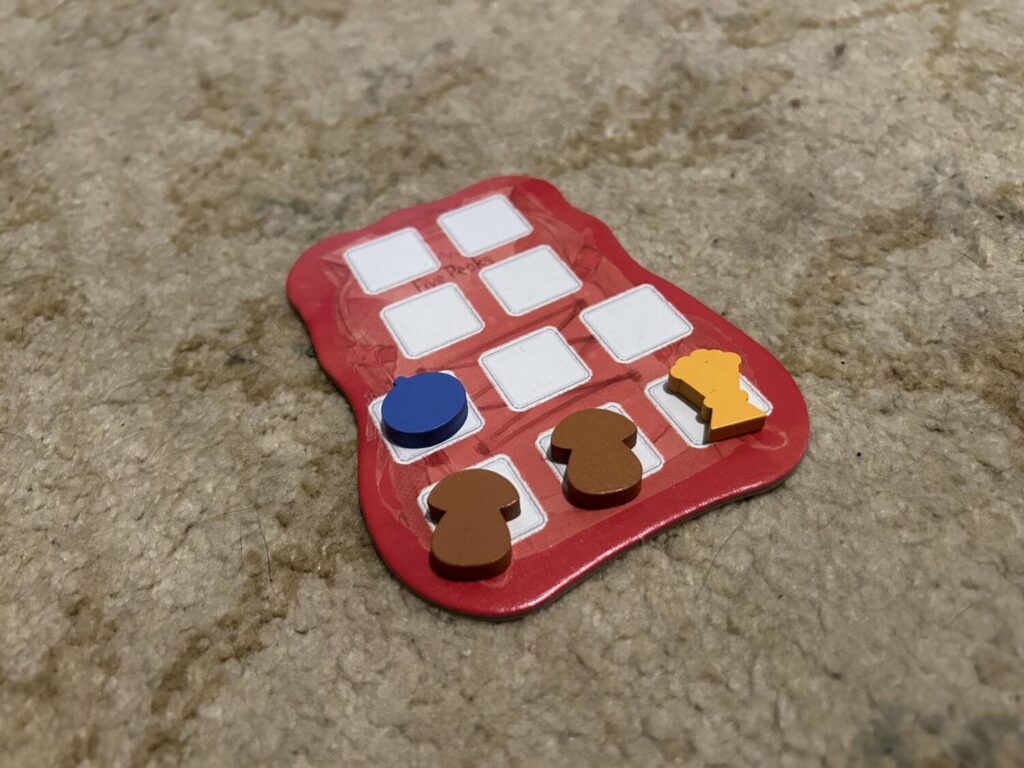
Theme
Some people might read all of that as a complaint. If Five Peaks were about Mediterranean commerce, I think it would be a complaint. As it is, Five Peaks takes those same mechanisms and wraps them up in a completely different package: going for a hike.
Let’s be honest. We’re not like most people, you and I. Not everybody gets excited when they hear, “It’s a commerce game set in the Mediterranean during the Roman Empire.” In fact, quite a few people find that boring. But you know what those people love? “Who wants to go for a hike?”
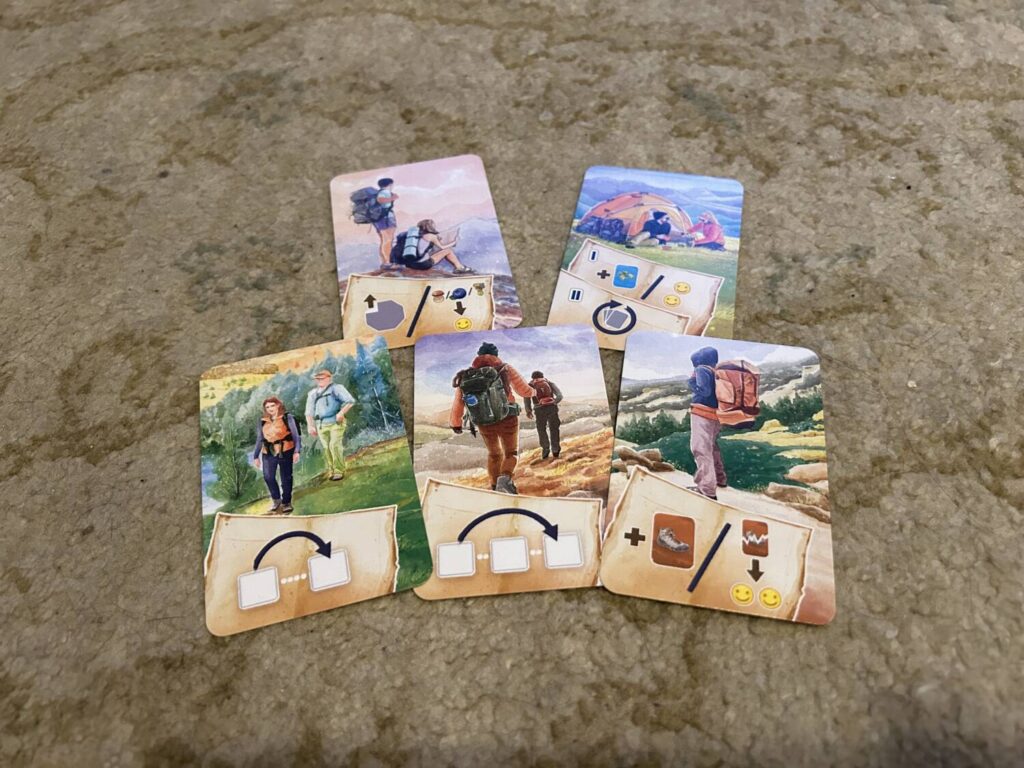
The cards, which are decorated in wonderful watercolors by the designer himself, have names like Walk, Bike, and Harvest. The card that lets you pick up all of your previously played cards is called Camp! I cooed, out loud, when I read that, it’s so cozy. The resources are berries, herbs, and mushrooms! Your player board for storing resources is a backpack!! You pay for new cards with endorphins!!!
The board reveals itself as you play, a series of hexagonal pieces that players add one by one. You get to explore the mountains, creating a unique space every time you play. That’s thoughtful and fun! If Five Peaks isn’t exceptional as a design—and I want to stress, for all my delight, that it is not exceptional as a design—it is exceptionally thoughtful in how it has gone about attaching familiar mechanisms to a theme you can get grandma to play.
Five Peaks is derivative, to be sure, but it doesn’t feel derivative while you’re playing. Besides, being derivative of Concordia is a fine idea. If you’re going to steal, steal from the best. Tefl also get bonus points for a thoughtful production, with clear iconography and a whip-smart functional insert that makes setup near-instantaneous.
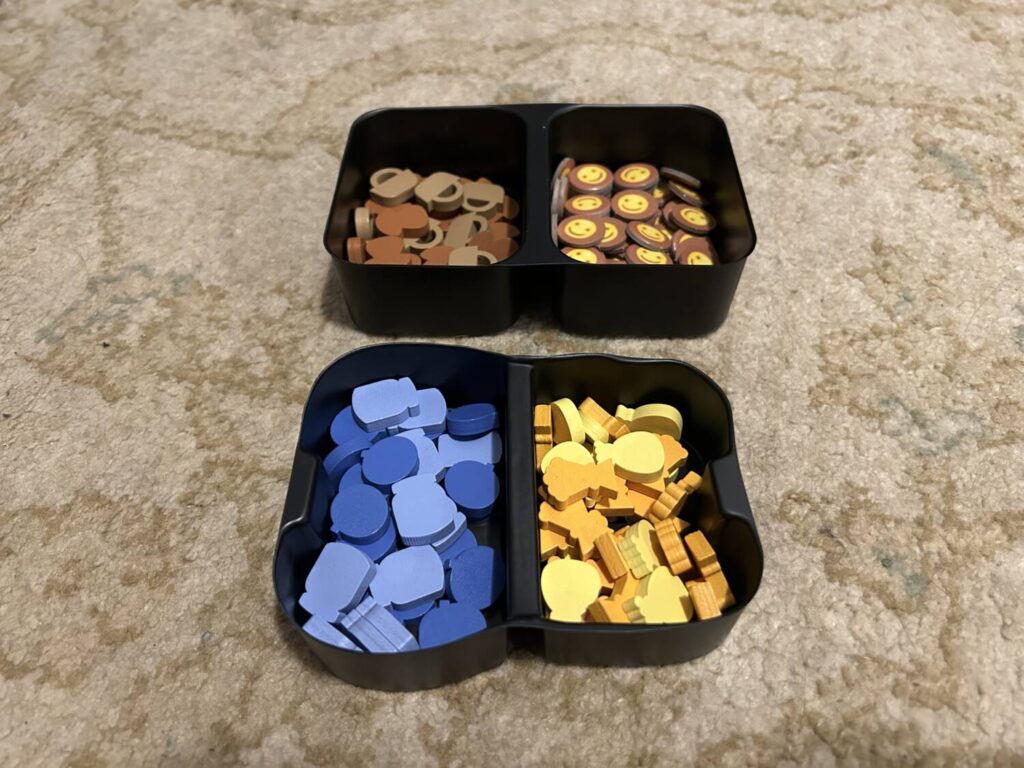
More Is…Well, It’s Less and It’s More
There’s a vogue in board game criticism at the moment for talking about the plurality of Okay games. There’s a reason for that: there are a lot of Okay games coming out at the moment. I’ve had the, er, pleasure of reviewing quite a few of them myself. While this is a genuine issue for critics, one that we have to figure out how to adjust to, critics are not most people.
Most people play a handful of games a year, if that. For most people, the fact that game designs are now reliable enough that you can assume they’ll be decent is a plus. What’s boring for me is reliable for others. It means you can find a game with a theme you love, and know it will probably be good. For the consumer, for the non-hobbyist, that’s great.
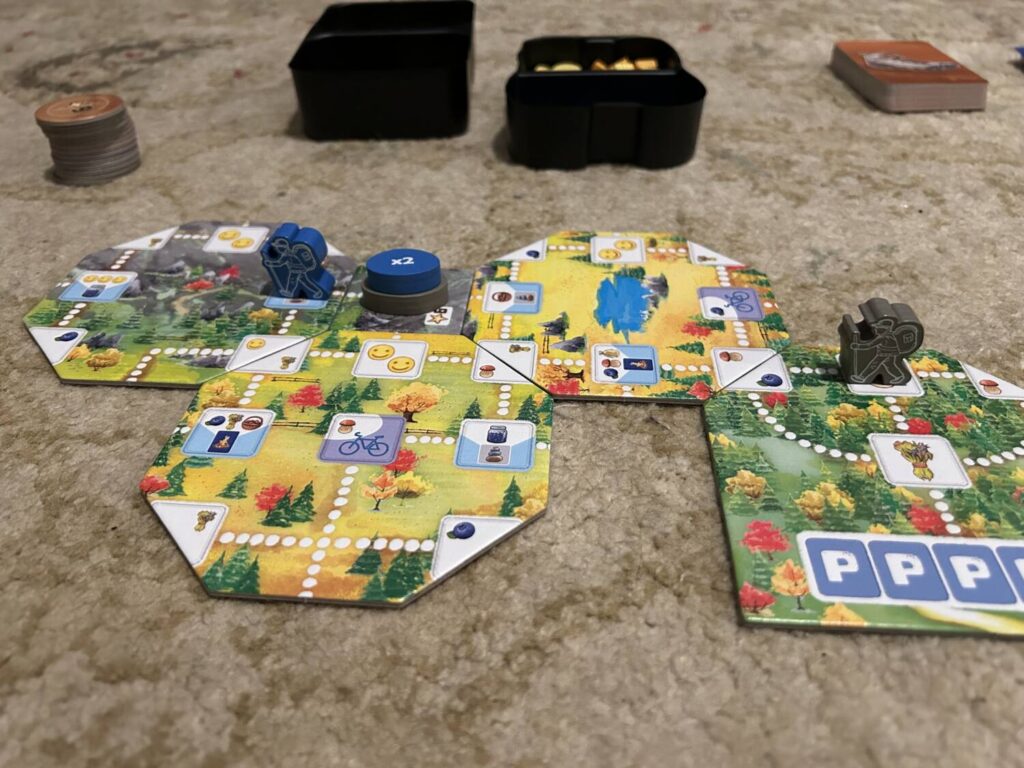
If you engage with games and game design as an art, the degree to which Five Peaks rips from Concordia might be off-putting. On the other hand, consider that most book publishers make their profit off of Twilight so they can sell things like A Miracle, A Universe. Ya dig?
The existence of games like ArchRavels, Dog Park, and Five Peaks, games that are first and foremost competent, games that will draw in a completely different crowd from normal, is a positive in its own right. I love the idea of a family sitting down for a game of Five Peaks, happy as clams, not even realizing that they’re basically playing one of the greatest games ever made.


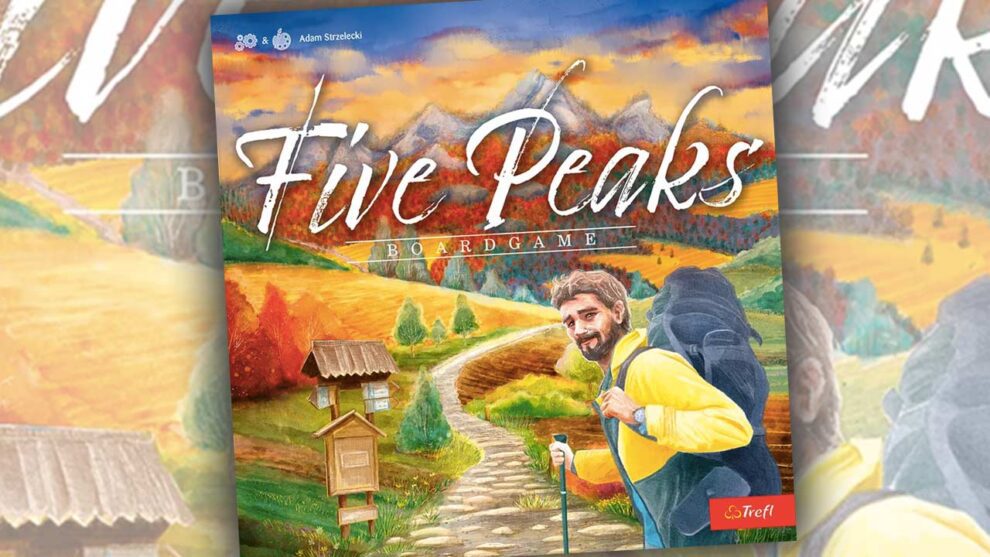
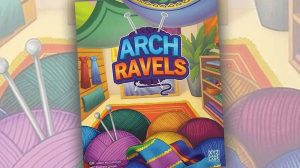

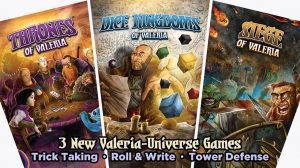





Add Comment